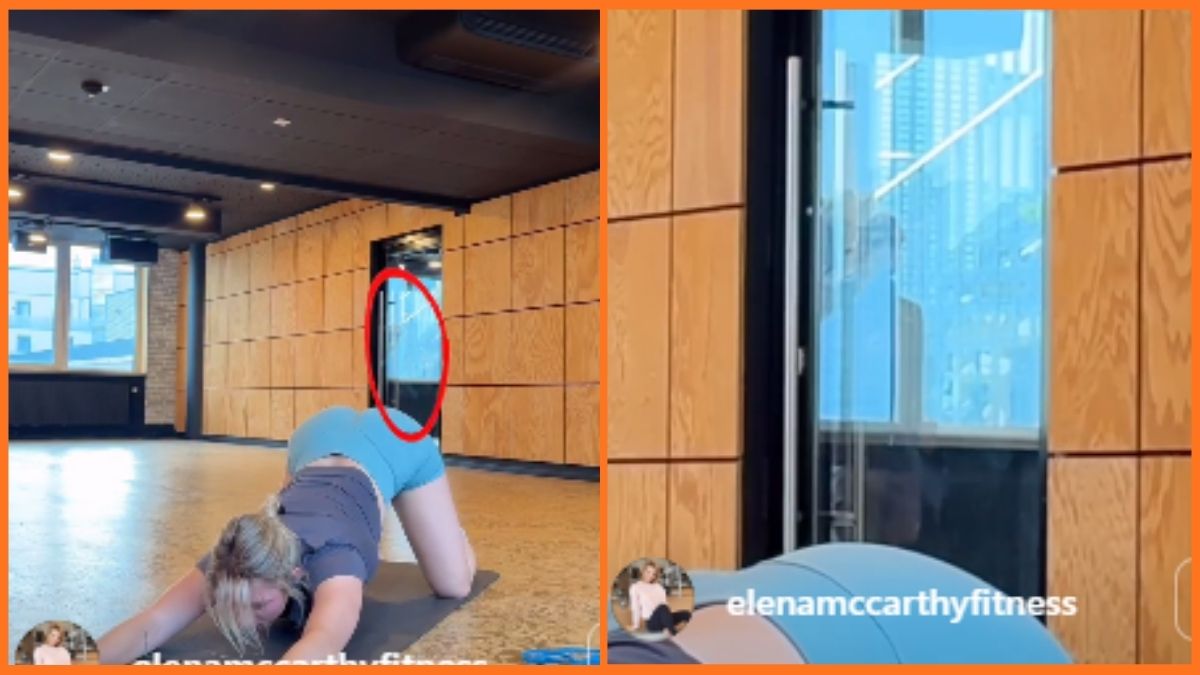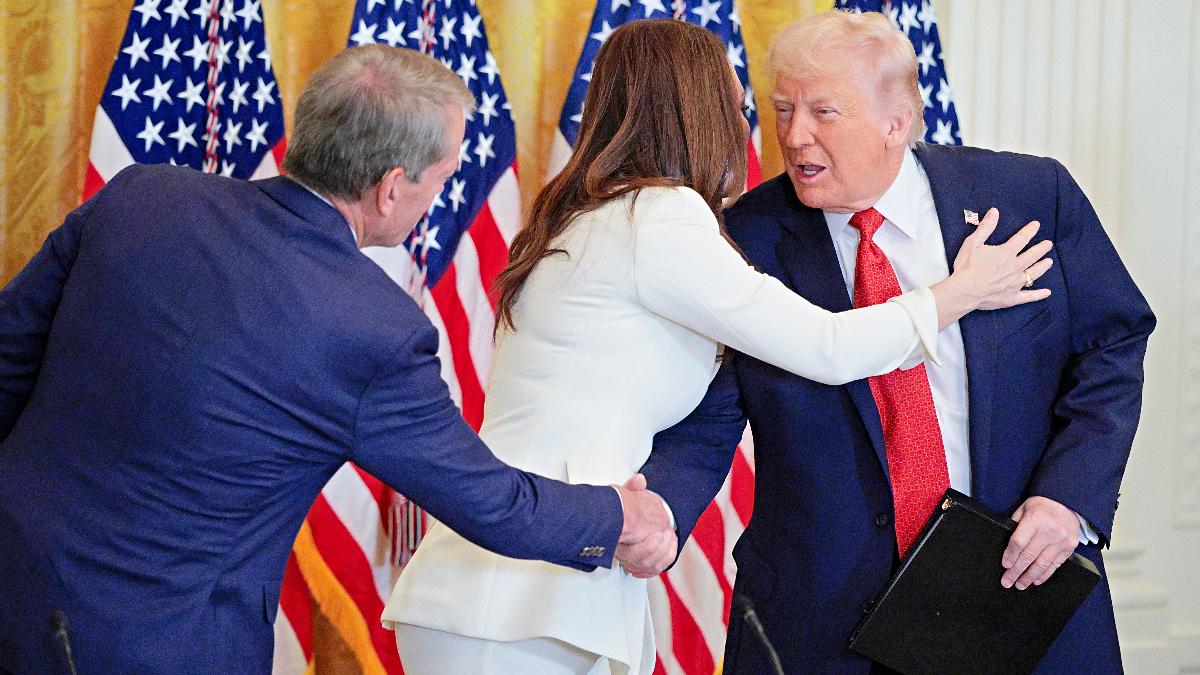
But the closing scene of that same episode, a woeful survey of each Pfefferman in private, tells you just as much about where each character’s story will be going. There’s a sense of fatalism about everything this time around, not just because we’ve seen how horribly the Pfeffermans can treat one another, but also because of a risky new expansion in scope. Season 2 occasionally flashbacks to ‘30s Berlin to look at the life of a Pfefferman ancestor involved in the queer community at the dawn of Hitler’s regime. More than just an excuse to rehire some familiar guest stars from last season, the storyline provides a surreal Rosetta stone for season 2’s ambitions, and its shortcomings.
The emotional aftershocks Maura’s children feel in response to her transition are just the start of season 2’s look at how personal and cultural identity can cascade across generations. The Berlin plot, though infrequent, plays with chronology, performance, and the show’s reality in novel ways that won’t be to everyone’s taste. That no one looks or acts period appropriate isn’t a sign of Soloway and company not knowing how to integrate the storyline, but instead demonstrates their shrewdness in making time as fluid a constraint as any other on the show.
As before, Transparent is designed to accommodate the binge format, the creative team focusing as much on episodic structure as they do the visual and verbal echoes that bind the season together. Soloway, along with some additional new shooters (including The Diary of a Teenage Girl’s Marielle Heller), maintains the series’ under-heralded status as one of TV’s best-directed productions. Tambor continues to excel in the attention-grabbing part (despite how committed all involved are to keeping Maura nuanced and flawed), but the whole of the cast is just spectacular. Though still the fifth Beatle of the ensemble, Judith Light remains marvelous and vital in her supporting role as Maura’s ex-wife. And for as good as Hahn was last season, her incredible performance opposite Duplass this time around radiates with tender heartache, scene after scene.
Much of Transparent’s assembly is as painstakingly precise as ever, and its emotional intelligence and empathy are commendable. Yet there’s a certain looseness to this year’s episodes that only a diamond-cut season like Transparent’s first could bring to light. Season 1 ended with the Pfefferman household looking chaotic as ever, but it also conveyed a sense of what was ahead. Season 2, by contrast, takes its time mapping out the journey everyone is on, leading to many of those journeys ending on a pause rather than a period.
This time next year, what messiness there is to season 2 might prove important to the greater story being told here, and it’s a mere quibble considered against the overall achievement of Soloway’s work. Maybe it’s just that the limerence (to borrow another phrase from Sarah), the astonishment one felt at Transparent back when it first arrived, is starting to wear off a bit. That’s not necessarily a bad thing. The fervid delight of experiencing something new always fades to unveil a deeper, truer state of things. What Transparent does reveal about itself in season 2 is that it’s a show you’ll want to have around for many more years to come.










Published: Dec 3, 2015 11:06 pm